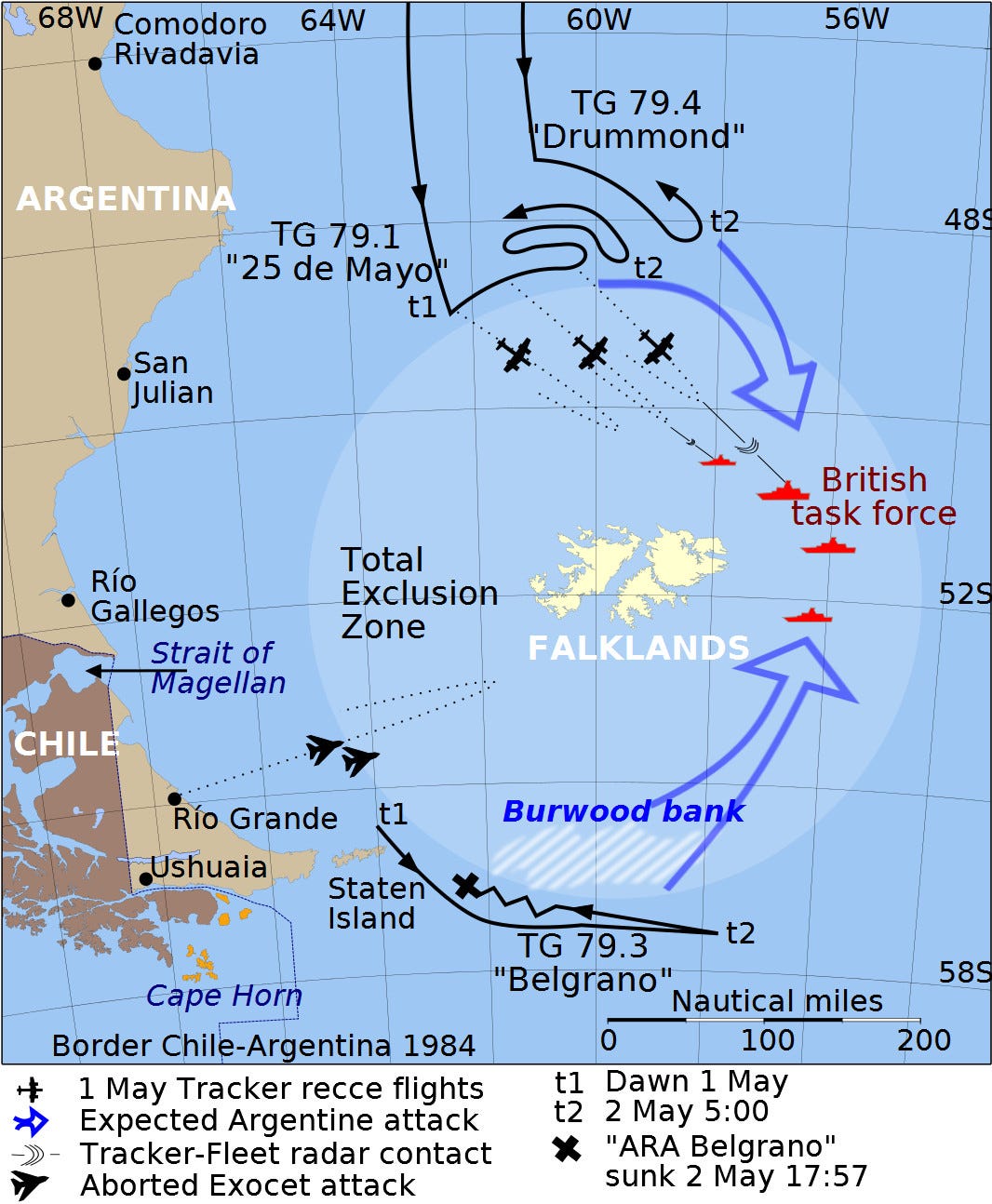
The admiral commanding the task force knew that if the Argentines hit his carriers, or any of his large logistic vessels, the expedition would end in failure, and that this would deal a psychological blow to Britain from which she might not recover at least not for many years. Many officers felt privately thatĪerial parity, let alone superiority, could not be achieved.

The Royal Navy were relying on missile systems that had never been tested in war to redress the balance. The British knew that the Argentine air force would outnumber them more than 4 to 1, and that its pilots were amongst the most daring and skilful in the world. The task force would be operating only 800 miles from the Antarctic continent, nearly 8,000 miles from its home base, with the onset of the South Atlantic winter only weeks away.

It was one of the most desperate operations of war ever undertaken. Introduction In the spring of 1982 the largest task force Britain had assembled for a generation set sail to recapture the Falkland Islands from Argentina. Thatcher's triumph: It was a famous victory Race to the islands: Argentina and Britain deploy their forcesĪn islander's ordeal:The diary of John Smith Tango and tea dance: Argentine and British misperceptions 02 03 04 05 06įor a complete list of titles available from Osprey Publishing please contact: Osprey Direct UK, PO Box 140. UK Cartography by The Map Studio Index by Alan Thatcher Picture research by Image Select International Origination by Grasmere Digital Imaging.

ISBN 1 84176 422 1 Editor: Rebecca Cullen Design: Ken Vail Graphic Design, Cambridge. If there has been any oversight we will be happy to rectify the situation and written submissions should be made to the Publishers. Every attempt has been made by the Publishers to secure the appropriate permissions for material reproduced in this book. Enquiries should be addressed to the Publishers. Designs and Patents Act, 1988, no part of this publication may be reproduced, stored in a retrieval system, or transmitted in any form or by any means, electronic, electrical, chemical, mechanical, optical, photocopying, recording or otherwise, without the prior written permission of the copyright owner. Apart from any fair dealing for the purpose of private study, research, criticism or review, as permitted under the Copyright. Oxford OX2 9LP Email: © 2002 Osprey Publishing Ltd. Now based in Australia on his retirement from Oxford he is the Chairman of the Council of the Australian Strategic Policy Institute.įirst published in Great Britain in 2002 by Osprey Publishing, Elms Court, Chapel Way, Botley. He is the author of many books including works on the German Army and the Nazi party, and the Korean and Vietnam wars. Born in 1936 an Australian citizen, he served in the Australian army (1955-68) and has held a number of eminent positions in history circles, including the Chichele Professorship of the History of War at All Souls College, University of Oxford, 1987-2001, and the Chairmanship of the Board of the Imperial War Museum and the Council of the International Institute for Strategic Studies, London.
THE FALKLANDS WAR 1982 OSPREY PDF SERIES
His wealth of knowledge and expertise shapes the series content and provides up-to-the-minute research and theory. Litt.(ANU), FASSA, Fr Hist S, is the Series Editor of the Essential Histories. Hisīattlefield tours conducted for both the British and American armies include Salamanca, Waterloo, the Somme, El Alamein, Normandy and the Falklands. Manila (with John Pimlott and Richard Connaughton, 1995), The World at War (1999) and the Fall of the Reich (2000). His books include Modern Military Elites (1993), D Day (1994), The Battle for His main interests are military and diplomatic history, from the mid eighteenth century to the present.

DUNCAN ANDERSON is head of the Department of War Studies at Sandhurst.


 0 kommentar(er)
0 kommentar(er)
